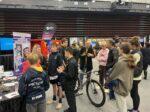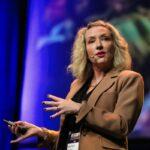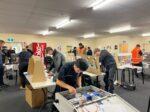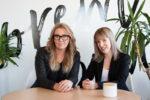Women in Engineering
In 1876, Helen Connon was the first woman to enroll in a New Zealand university, graduating in 1880 with a B.A. in Latin, Mathematics, English, French and Physical Science. By 1897 women had graduated in both medicine and law. But it would be another almost 70 years before a woman would graduate from a New Zealand university with an engineering degree. Leslie Robertson led the way, graduating with a degree in electrical engineering from University of Canterbury in 1965. By 1981, women still only made up 2.4% of engineering graduates from University of Canterbury, compared with Law 33.7%, medicine 31.8%, and architecture 24.3%. By the end of the decade, the percentage of women graduating in law and medicine had risen to 50%, but engineering trailed behind at only 7%. University initiatives There have been numerous initiatives over the decades to encourage women to consider a career in engineering. In 1989, University of Auckland created the position of Liaison Officer for Women in the Physical Sciences and Engineering, and appointed Liz Godfrey to the role. It was a full-time position and the first of its kind in New Zealand. Studies looking at women’s low participation rates in engineering identified a number of issues. Far fewer girls than boys continued with maths and science subjects to senior high school level; teachers and students had little knowledge of the breadth of career possibilities an engineering degree could offer and did not promote it to their female students; young women did not see engineering as relevant to their lives; and the lack of female role models meant that they could not see themselves represented within the engineering profession. Liz worked closely with schools, and in collaboration with others, developed programmes to promote engineering and science careers to students. SOS – Skills and Opportunities in […]










